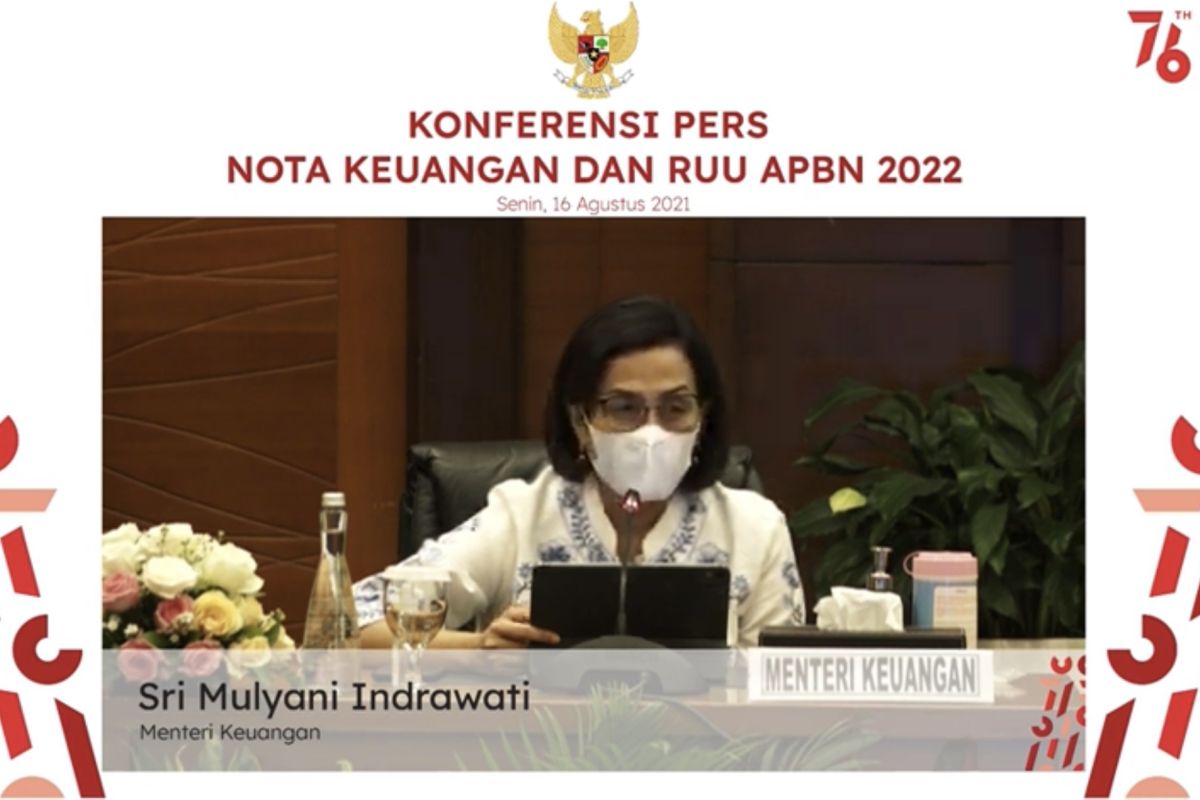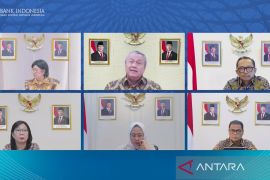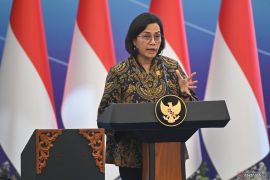This indicates good intent to normalize the fiscal system that has been bearing the brunt of the COVID-19-induced economic crisis.Jakarta (ANTARA) - The robust target of tax receipts and significant reduction in expenditure in the draft 2022 state budget (RAPBN) is a step to normalize the fiscal system, an economist stated.
“This indicates good intent to normalize the fiscal system that has been bearing the brunt of the COVID-19-induced economic crisis,” Satria Sambijantoro of Bahana Sekuritas stated in Jakarta on Tuesday.
The Indonesian government has proposed state spending of Rp2,708.7 trillion in the draft 2022 state budget, down from Rp2,750 trillion this year.
The state expenditure comprises the central government expenditure of Rp1,938.3 trillion and transfers to regions and village funds of Rp770.4 trillion, President Joko Widodo noted in his speech on the state budget for the 2022 fiscal year at the Parliamentary Complex in Jakarta on Monday.
Meanwhile, state revenues in the draft 2022 state budget are projected to reach Rp1,840.7 trillion comprising tax receipts of Rp1,506.9 trillion and non-tax state revenues of Rp333.2 trillion.
The target of tax receipts, set at Rp1,506.9 trillion, is higher than this year’s targeted Rp1,444.6 trillion comprising tax receipts of Rp1,229.6 trillion and customs and excise receipts of Rp215 trillion.
Related news: Fiscal policy should be anticipative, responsive: President
Based on the new targets of state expenditure and revenues, the budget deficit is projected to decline to Rp868 trillion, or 4.85 percent of the 2022 national gross domestic product (GDP), from Rp961.5 trillion, or 5.82 percent of the GDP this year.
Satria remarked that the decline in budget deficit is aimed at anticipating the risk of external financing due to the projected tight global liquidity in 2022, along with the likelihood of deferred monetary stimulus and potential for interest rate hike in the US.
This will prompt the government to assume the yields on 10-year rupiah-denominated bonds at 6.82 percent in 2022, or higher than this year’s 6.32 percent.
The government’s intent to tighten fiscal policy is apparent from the draft 2020 state budget that set the target of value-added tax receipts at Rp552.3 trillion, or 10.06 percent higher than this year, he pointed out.
Land and building tax receipts are targeted to reach Rp18.4 trillion, or 24.3 percent higher than this year, while excise receipts are projected to touch Rp203.9 trillion, or 11.92 percent higher than this year.
On the other hand, tight fiscal policy, which will lead to a reduction in expenditure at ministries, will have an impact on infrastructure development next year, he remarked.
The ministries’ expenditure, which is 11.2 percent lower than this year, will have an impact on infrastructure projects, as the Public Works and People’s Housing Ministry’s budget will decline by 22.9 percent, he noted. Related news: Economic recovery hinges on progress in COVID-19 handling: Ministry
Translator: Astrid Faidlatul H, Suharto
Editor: Rahmad Nasution
Copyright © ANTARA 2021












